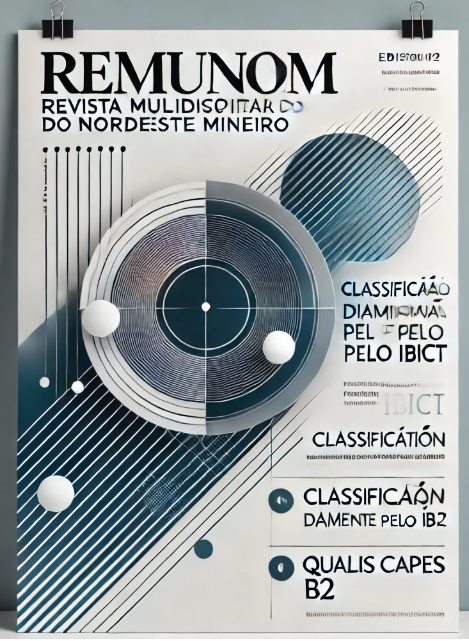EDUCATION 4.0: THE INTEGRATION OF LESSON STUDY AND E-LEARNING IN TEACHER TRAINING
DOI:
https://doi.org/10.61164/rmnm.v1i3.3559Keywords:
: E-learning, Lesson Study, Formação de Professores, Prática Docente,Tecnologia Educacional., E-learning, Lesson Study, Teacher Training, Teaching Practice, Educational TechnologyAbstract
He article "E-learning and Lesson Study in Teacher Training: Integrating Technology and Collaboration for Teacher Development" explores the intersection between distance learning and Lesson Study methodology as innovative strategies in teacher training. Through the integration of digital technologies, e-learning provides flexibility and accessibility to learning, allowing educators to develop skills continuously and autonomously. On the other hand, Lesson Study emphasizes collaboration between teachers, promoting joint reflection on pedagogical practices and the development of more effective classes. The study argues that the combination of these approaches can enrich teacher training, by fostering a collaborative learning environment, where educators can share experiences, discuss challenges and improve their teaching methodologies. The article also highlights the importance of institutional support and adequate technological infrastructure for the success of this integration, suggesting that continuous training should be a priority in educational policies. It is concluded that the union of e-learning and Lesson Study represents a valuable opportunity for the professional development of teachers, contributing to the improvement of educational quality.
Downloads
References
ALLEN, I. E.; SEAMAN, J. Digital Learning Compass: Distance Education Enrollment Report 2017. Babson Survey Research Group, 2016. Disponível em: https://www.babson.edu. Acesso em: 11 fev. 2024.
GARRISON, D. R.; VAUGHAN, N. D. Blended Learning in Higher Education: Framework, Principles, and Guidelines. San Francisco: John Wiley & Sons, 2008. DOI: https://doi.org/10.1002/9781118269558
LEWIS, C. Lesson Study: A Handbook of Teacher-Led Instructional Change. Philadelphia: Research for Better Schools, 2002.
MOORE, M. G.; KEARSLEY, G. Distance Education: A Systems View of Online Learning. 3. ed. Belmont: Wadsworth, 2012.
STIGLER, J. W.; HIEBERT, J. The Teaching Gap: Best Ideas from the World's Teachers for Improving Education in the Classroom. New York: Free Press, 1999.
Downloads
Published
Issue
Section
License
Copyright (c) 2025 Revista Multidisciplinar do Nordeste Mineiro

This work is licensed under a Creative Commons Attribution-NonCommercial-ShareAlike 4.0 International License.
Autores que publicam nesta revista concordam com os seguintes termos:
- Autores mantém os direitos autorais e concedem à revista o direito de primeira publicação, com o trabalho simultaneamente licenciado sob a Licença Creative Commons Attribution que permite o compartilhamento do trabalho com reconhecimento da autoria e publicação inicial nesta revista;
- Autores têm autorização para assumir contratos adicionais separadamente, para distribuição não-exclusiva da versão do trabalho publicada nesta revista (ex.: publicar em repositório institucional ou como capítulo de livro), com reconhecimento de autoria e publicação inicial nesta revista, desde que adpatado ao template do repositório em questão;
- Autores têm permissão e são estimulados a publicar e distribuir seu trabalho online (ex.: em repositórios institucionais ou na sua página pessoal) a qualquer ponto antes ou durante o processo editorial, já que isso pode gerar alterações produtivas, bem como aumentar o impacto e a citação do trabalho publicado (Veja O Efeito do Acesso Livre).
- Os autores são responsáveis por inserir corretamente seus dados, incluindo nome, palavras-chave, resumos e demais informações, definindo assim a forma como desejam ser citados. Dessa forma, o corpo editorial da revista não se responsabiliza por eventuais erros ou inconsistências nesses registros.
POLÍTICA DE PRIVACIDADE
Os nomes e endereços informados nesta revista serão usados exclusivamente para os serviços prestados por esta publicação, não sendo disponibilizados para outras finalidades ou a terceiros.
Obs: todo o conteúdo do trabalho é de responsabilidade do autor e orientador.






